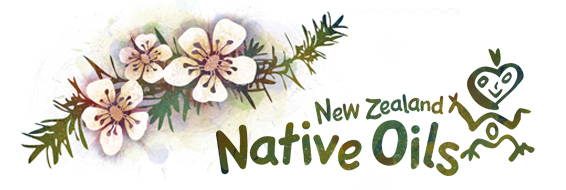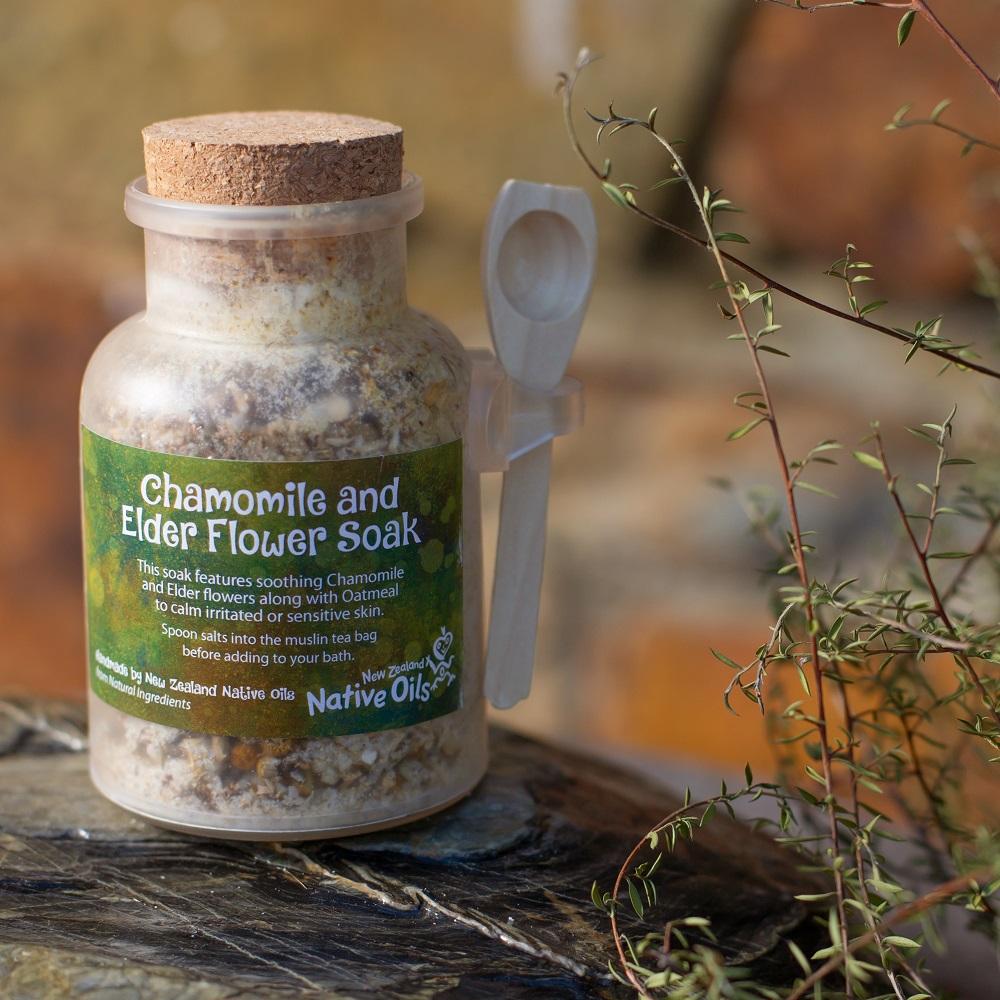The elder has been used for four thousand years and is reportedly the oldest herb cultivated by man.
Elderflower has been used in traditional medicine all over the world in many different cultures due to its antiseptic and anti-inflammatory properties. The most common uses are for colds and flu, sinus infections, and other respiratory disturbances. Elderflower has antibacterial and antiviral properties and may also help alleviate some allergies and boost the functioning of the immune system.
Topically, elderflower can reduce pain and swelling in joints due to some forms of arthritis and is used to stop bleeding. As an oral rinse, elderflower can be used for its antiseptic properties as a mouthwash and gargle. Elderflower also reduces blood sugar levels, very similar to the way insulin works.
Elderflower is rich in bioflavonoids, mostly flavones and flavonols, that are most commonly known for their antioxidant. anti-cancer, anti-inflammatory and antibacterial properties. The most abundant flavonols in elderflower are quercetin, isoquercitrin and anthocyanins, which have antiviral properties as well. Elderflower also contains chlorogenic acids, such as cinnamic acid, which may help with allergies, regulate blood glucose levels and have a laxative effect on the body. Triterpenoids, especially β-amyrin, erythrodiol, and oleanolic acid, are also found in elderflower. These triterpenoids offer a variety of health benefits including analgesic, anti-inflammatory, and anti-cancer effects.
Used in Chamomile and Elder Flower Bath Salts.

